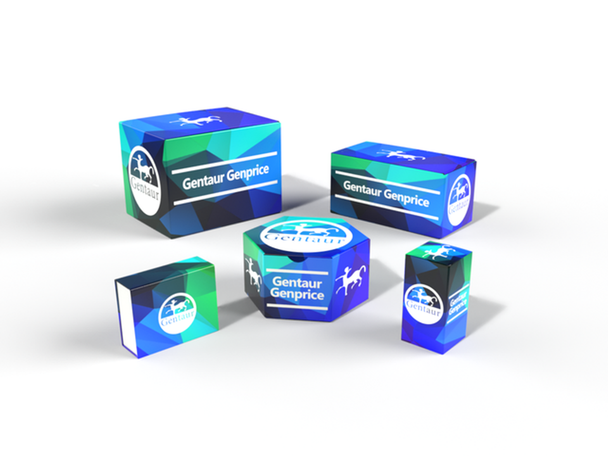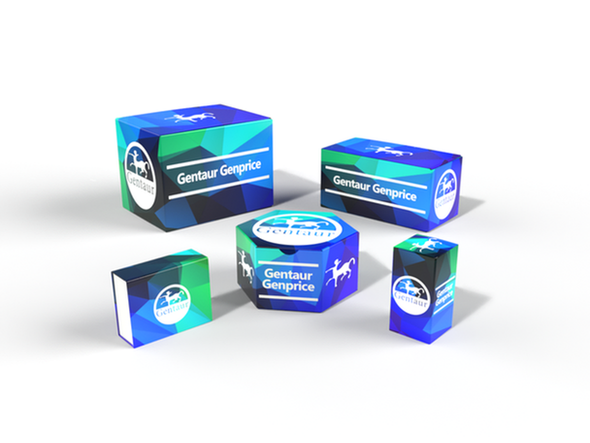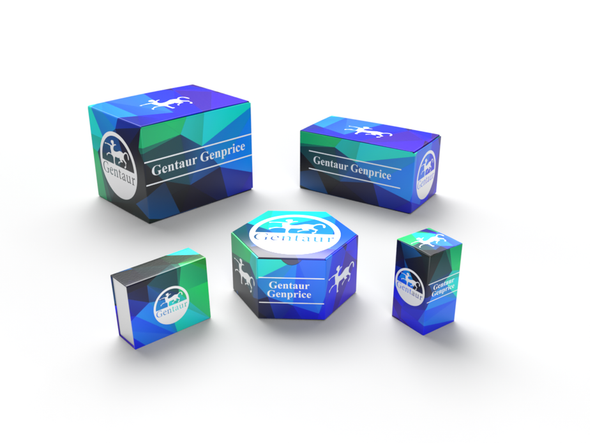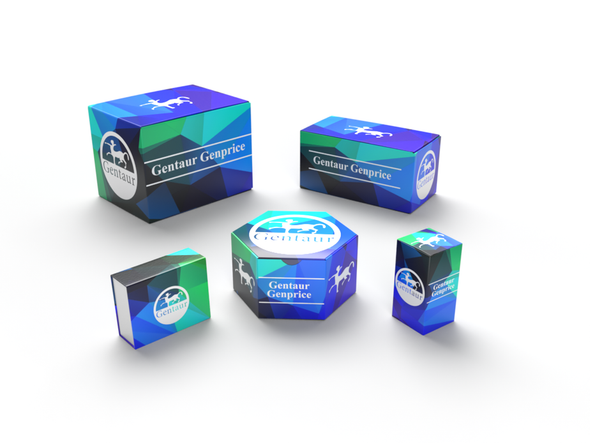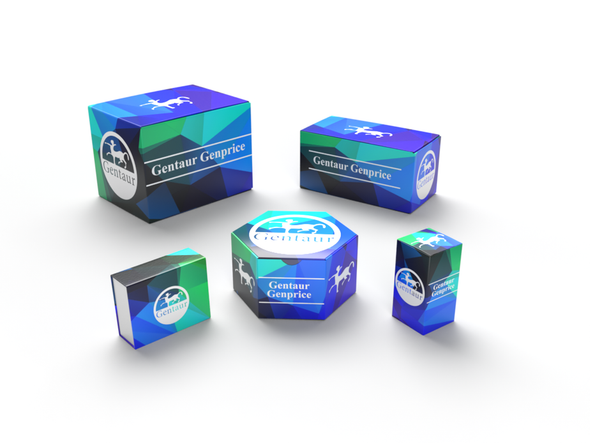BW
Caveolin 2 (Phospho-Y19) polyclonal Antibody | BS64547
- SKU:
- BW-BS64547
- Availability:
- Usually ships in 5 working days
Description
Caveolin 2 (Phospho-Y19) polyclonal Antibody | BS64547 | Gentaur UK, US & Europe Distribution
Host: Rabbit
Reactivity: Human,Mouse,Rat
Application: WB IHC
Application Range: WB: 1:500~1:1000 IHC: 1:50~1:200
Background: The 21-24 kDa integral proteins, caveolins, are the principal structural components of the cholesterol/sphingolipid-enriched plasma membrane microdomain caveolae. Three members of the caveolin family (caveolin-1, -2, and -3) have been identified with different tissue distributions. Caveolins form hetero- and homo-oligomers that interact with cholesterol and other lipids. Caveolins are involved in diverse biological functions, including vesicular trafficking, cholesterol homeostasis, cell adhesion, and apoptosis, and are also implicated in neurodegenerative disease. Caveolins interact with multiple signaling molecules such as Gα subunit, tyrosine kinase receptors, PKCs, Src family tyrosine kinases, and eNOS. It is believed that caveolins serve as scaffolding proteins for the integration of signal transduction. Phosphorylation at Tyr14 is essential for caveolin association with SH2 or PTB domain-containing adaptor proteins such as GRB7. Phosphorylation at Ser80 regulates caveolin binding to the ER membrane and entry into the secretory pathway.
Storage & Stability: Store at 4°C short term. Aliquot and store at -20°C long term. Avoid freeze-thaw cycles.
Specificity: Caveolin 2 (Phospho-Y19) polyclonal Antibody detects endogenous levels of Caveolin 2 protein only when phosphorylated at Tyr19.
Molecular Weight: ~ 25 kDa
Note: For research use only, not for use in diagnostic procedure.
Alternative Names: Caveolin2; CAV2; Caveolin 2
Immunogen: Synthetic phosphopeptide derived from human Caveolin 2 around the phosphorylation site of Tyrosine 19.
Conjugate: Unconjugated
Modification: Phosphorylation
Purification & Purity: The Antibody was affinity-purified from rabbit antiserum by affinity-chromatography using epitope-specific immunogen and the purity is > 95% (by SDS-PAGE) .
Pathway: G Protein-coupled Receptors Signaling to MAPK Erk,

